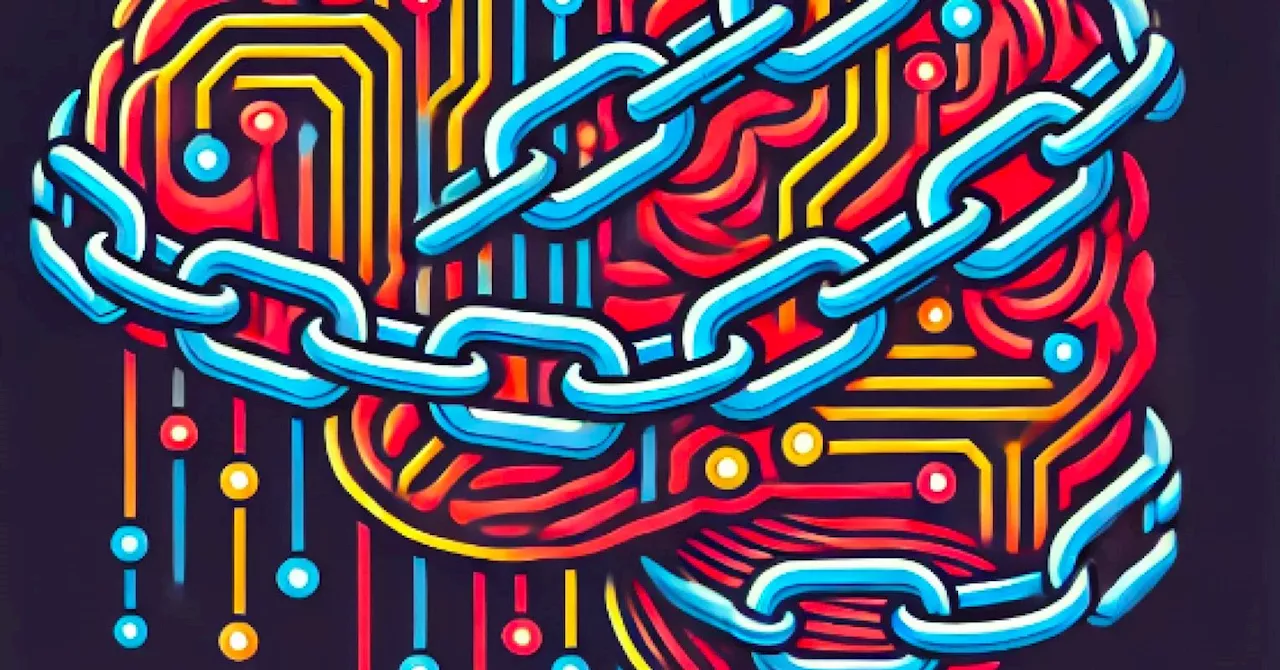Leading AI labs warn that large language models (LLMs) like OpenAI's could become commonplace by 2025 due to rapid advancements in AI agents and open-source competition. The focus is shifting from LLMs to 'agentic' systems that can execute tasks autonomously, integrating LLMs for a more proactive user experience.
Executives at leading AI labs warn that large language models (LLMs), like those developed by OpenAI and big tech firms, risk becoming commonplace by 2025. This shift is driven by rapid advancements in next-generation artificial intelligence agents and the emergence of nimble, open-source rivals. Last week, Chinese AI firm DeepSeek released R1, a reasoning model that claims to outperform OpenAI's o1 model in both cost-effectiveness and performance.
This open-source model, freely available on the web, signals a growing trend towards accessible and competitive AI solutions.Meanwhile, the tech industry is buzzing with discussions about a transition from LLMs to so-called 'agentic' systems. These systems can execute tasks on your behalf, integrating LLM technology to provide a more proactive and autonomous user experience. LLMs, while foundational to today's generative AI applications, are expected to become increasingly commoditized as technology progresses and training and operational costs decline. Experts believe that the focus will shift towards building sophisticated systems that leverage these models for practical applications.Thomas Wolf, co-founder and chief science officer of Hugging Face, a popular platform for open-source AI projects, predicts that LLMs will be seamlessly integrated into intelligent systems connected to vast databases. He envisions a future where AI becomes ubiquitous, akin to the internet revolution, with a focus on building internet-native companies that utilize AI for innovative solutions. Matt Calkins, CEO of U.S. software firm Appian, agrees that AI models are heading towards commoditization, arguing that many companies will achieve competitive AI capabilities, potentially leading to a lack of differentiation among early adopters. This shift in the AI landscape is already evident in the rise of open-source models like DeepSeek's R1, which challenges the dominance of proprietary LLMs and paves the way for a more democratized AI future
AI Llms Openai Agentic Systems Open-Source AI Commoditization
United States Latest News, United States Headlines
Similar News:You can also read news stories similar to this one that we have collected from other news sources.
 Here’s How Big LLMs Teach Smaller AI Models Via Leveraging Knowledge DistillationAI-driven knowledge distillation is gaining attention. LLMs are teaching SLMs. Expect this trend to increase. Here's the insider scoop.
Here’s How Big LLMs Teach Smaller AI Models Via Leveraging Knowledge DistillationAI-driven knowledge distillation is gaining attention. LLMs are teaching SLMs. Expect this trend to increase. Here's the insider scoop.
Read more »
 LLMs: Unraveling the Mysteries of the Human Brain in 2025Large language models (LLMs) are increasingly being used to study the complexities of the human brain. From understanding speech and language processing to identifying patterns in biological data, LLMs are poised to accelerate advancements in various fields like AI, robotics, and neurotechnology. 2025 is expected to see even more exploration of conversational AI and the use of LLMs to analyze data from brain imaging technologies like fMRI, MEG, and EEG.
LLMs: Unraveling the Mysteries of the Human Brain in 2025Large language models (LLMs) are increasingly being used to study the complexities of the human brain. From understanding speech and language processing to identifying patterns in biological data, LLMs are poised to accelerate advancements in various fields like AI, robotics, and neurotechnology. 2025 is expected to see even more exploration of conversational AI and the use of LLMs to analyze data from brain imaging technologies like fMRI, MEG, and EEG.
Read more »
 New AI Models Show Leap in Complexity HandlingThe latest generation of large language models (LLMs) are demonstrating a significant improvement in their ability to handle complex tasks. These models, like OpenAI's o1-pro, are described as operating more like a 'single shot' compared to previous models that required a more iterative and segmented approach. This allows for more nuanced and diverse responses, breaking free from the limitations of 'banal' outputs. Experts like Francois Chollet highlight this progress, noting that new models are achieving breakthroughs in tasks like pattern recognition, pushing the boundaries of AI capabilities.
New AI Models Show Leap in Complexity HandlingThe latest generation of large language models (LLMs) are demonstrating a significant improvement in their ability to handle complex tasks. These models, like OpenAI's o1-pro, are described as operating more like a 'single shot' compared to previous models that required a more iterative and segmented approach. This allows for more nuanced and diverse responses, breaking free from the limitations of 'banal' outputs. Experts like Francois Chollet highlight this progress, noting that new models are achieving breakthroughs in tasks like pattern recognition, pushing the boundaries of AI capabilities.
Read more »
 AI's Math Problem: Pattern Matching Fails RealityA new study highlights a critical flaw in large language models (LLMs): their inability to reason mathematically. By making minor changes to math problems, researchers exposed how LLMs rely heavily on pattern recognition rather than true understanding. Even sophisticated models like OpenAI's o1-preview struggled significantly, dropping accuracy by as much as 17.5%. This raises serious questions about the reliability of AI in tasks requiring logical thinking and problem-solving.
AI's Math Problem: Pattern Matching Fails RealityA new study highlights a critical flaw in large language models (LLMs): their inability to reason mathematically. By making minor changes to math problems, researchers exposed how LLMs rely heavily on pattern recognition rather than true understanding. Even sophisticated models like OpenAI's o1-preview struggled significantly, dropping accuracy by as much as 17.5%. This raises serious questions about the reliability of AI in tasks requiring logical thinking and problem-solving.
Read more »
 Can LLMs "capture" human thought?Are LLMs the perfect cognitive partner or a trap where we slowly surrender our intellectual independence?
Can LLMs "capture" human thought?Are LLMs the perfect cognitive partner or a trap where we slowly surrender our intellectual independence?
Read more »
 Poisoning AI: Medical LLMs Vulnerable to Data ManipulationA new study reveals the alarming ease with which medical LLMs can be manipulated through data poisoning, highlighting the urgent need for robust security measures in AI-powered healthcare.
Poisoning AI: Medical LLMs Vulnerable to Data ManipulationA new study reveals the alarming ease with which medical LLMs can be manipulated through data poisoning, highlighting the urgent need for robust security measures in AI-powered healthcare.
Read more »
